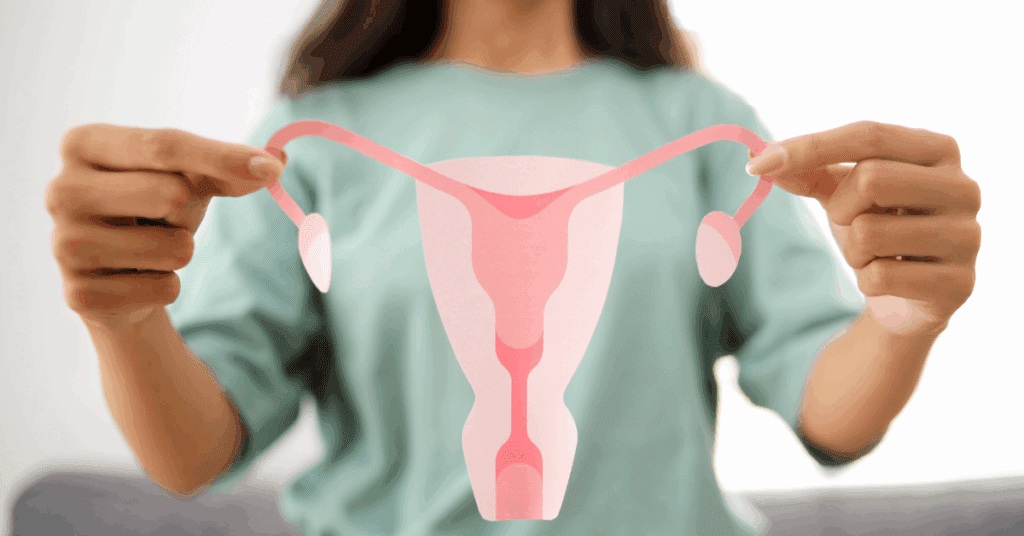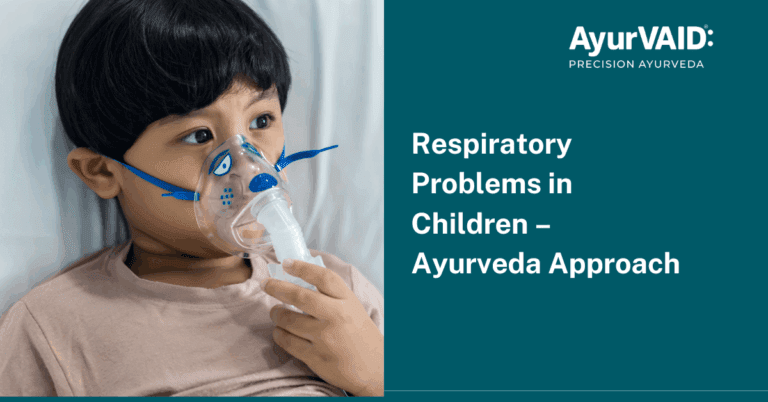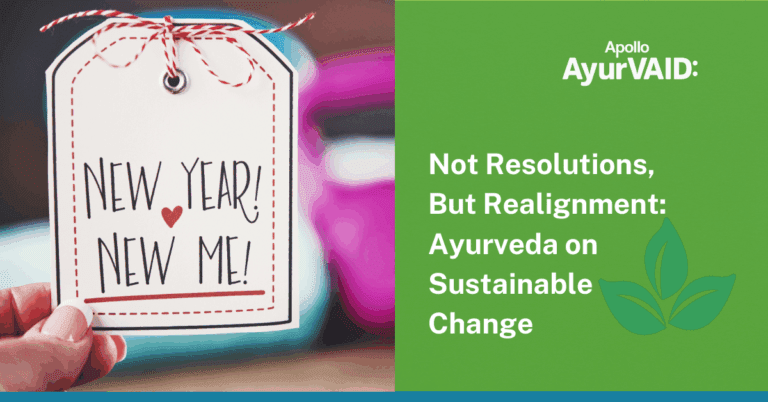September is PCOS Awareness Month, and September 1st is recognised as PCOS Awareness Day. Much more than dates on the calendar, this time of year is a chance to stop and take the opportunity to talk about a condition that affects millions of women, mostly silently.Polycystic Ovary Syndrome (PCOS) is neither new nor rare. However, for many women, it is still something that has been hidden behind confusion, silence, or frustration.
If you’ve ever felt like your body isn’t playing by the rules, with your periods coming and going when they please, sudden weight gain that won’t shift, acne that flares no matter what you try, hair sprouting where you don’t want it, or the heartbreak of struggling to conceive, you may already know the face of PCOS. And if you don’t, someone you love probably does.

What PCOS Feels Like
PCOS is described as a hormonal and metabolic disorder. The ovaries make more androgens (male hormones) than usual. Ovulation is disrupted, cysts form, and the effects show up everywhere from your skin and hair to your mood and metabolism.
Some women barely notice it at first. Others are overwhelmed by symptoms:
- Irregular periods that may be absent for months or arrive unpredictably
- Stubborn weight gain around the belly
- Skin changes like acne or dark patches
- Excess facial hair on the chin or upper lip
- Hair thinning on the head
- Anxiety, irritability, or low energy
- Fertility struggles
Beneath it all often lies insulin resistance, where the body doesn’t respond to insulin properly. This sets off a chain reaction of higher blood sugar, more androgen production, and more hormonal chaos. If it’s neglected for too long, insulin resistance may lead to diabetes or heart disease.
Ayurveda’s Gentle Lens
In Ayurveda, polycystic ovary syndrome (PCOS) relates to health conditions such as Pushpaghni Jataharini. The term Pushpaghni means “destroyer of ovum”, and Jataharini means disturbed fertility. Other conditions include Artavakshaya, in which menstruation is scanty or irregular and Anartava, in which menstruation is absent.
Along with mapping hormone fluctuations on a chart, Ayurveda also relies on questions to determine ways forward. Do you have a good Agni (digestive fire) or is Ama (toxin build-up) clogging up the channels of drainage? Are the Kapha and Vata doshas in an imbalance? Is stress (Mansika nidana) getting out of hand and leading to hormonal imbalance?
For Ayurveda, PCOS is not simply an ovarian issue, but a full-body imbalance. Therefore, Ayurveda acknowledges that treatment should not simply focus on reducing cysts or inducing ovulation. Instead, treatments will assess how food, digestion, sleeping patterns, stressors, metabolism, and emotions influence the overall well-being. Ayurveda does not focus on quick fixes;Ayurveda focuses on balance.
Who Finds Relief in Ayurveda?
If your periods are erratic, if you’re tired of depending on hormonal pills, if your skin is breaking out or your hair is thinning, if your body feels heavier and slower than it used to, Ayurveda treatment for PCOS can be life-changing.
It’s especially supportive for:
- women with irregular cycles and hormonal imbalances
- those battling acne, pigmentation, or unwanted hair
- women struggling with weight or early insulin resistance
- Couples who are trying to conceive naturally
- and anyone craving a gentler, more sustainable path than synthetic hormones
Women with very advanced diabetes or severe obesity may need stronger medical interventions alongside it. But for many, Ayurveda offers the balance they’ve been longing for.
What Ayurveda Does Differently
Modern medicine usually hands you a pill. Contraceptives to regulate cycles, metformin to improve insulin resistance, and fertility injections when you want to conceive. These can help, but they don’t heal the root.
Ayurveda starts with a whole-person assessment. This includes not only your lab reports but also your digestion, sleep, mental state, and dosha balance. Once the root causes are clear, a personalised protocol is designed.
This might include:
- Panchakarma therapies like Vamana (therapeutic emesis) to clear excess Kapha, Virechana (purgation) to reset Pitta and metabolism, or Vasti (medicated enema) to regulate Vata and the hormonal axis
- Shirodhara, that blissful stream of medicated oil on the forehead, to calm the mind and support hormonal balance
- Detoxifying massages (Udwarthana, Abhyanga) and steam therapies to improve circulation, reduce heaviness, and help with weight loss
- Internal medicines and Rasayana (rejuvenating tonics) to nourish reproductive health and improve ovulation
- Everyday guidance on what to eat, when to sleep, how to move, and ways to keep stress from spiralling
It’s not fast. It’s not always easy. But it is sustainable. Ayurveda doesn’t just give you back your period. It gives you back a sense of control and harmony.
The Small Changes that Matter
So much of healing PCOS lies in the daily choices we make:
- Eating fresh, simple food instead of processed and sugary snacks
- Going to bed on time instead of scrolling late into the night
- Moving the body every day, through yoga, walking, or even dancing
- Taking time to breathe, meditate, or just be still
These sound simple. But when combined with the right therapies, they are powerful. They shift hormones, moods, metabolism, and fertility in ways pills alone can’t.
Why PCOS Awareness Month Matters
Awareness months can sometimes feel like hashtags and campaigns. But PCOS Awareness Month matters because too many women think irregular cycles are “just stress.” Too many hide acne behind makeup, or blame themselves for weight gain, or suffer in silence when conception doesn’t happen.
Awareness breaks the silence. It says, “This isn’t your fault. You’re not alone. And there are ways to manage and even reverse much of what PCOS throws your way.
A Final Word







